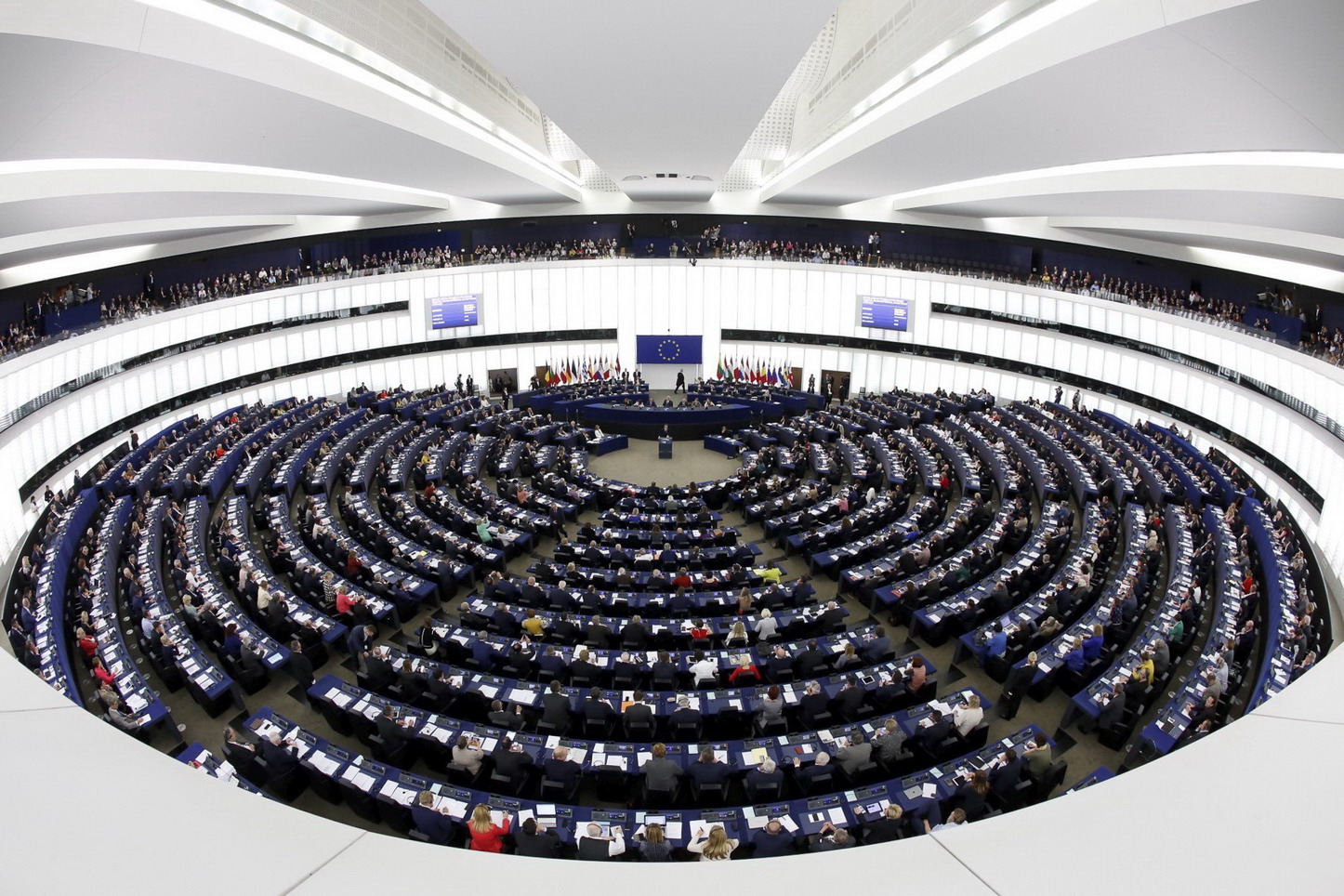The Five Star Movement ad the League have both been described as populist parties.
The former party made it to government riding the anti-establishment wave, the latter leads the opposition through its highly identitarian, right-wing drive. Both have engaged in Euroscepticism, rejecting what they perceived to be a Franco-German elitist rule over Italy.
The prowess of Italian populism was in full display in 2018, when these two parties formed a coalition government with a combined 49% of consensus. This experiment lasted just over a year, until the League’s leader Matteo Salvini called off the alliance and attempted to force elections – to which the 5SM responded by allying with the centre-left Democrats, giving birth to the current government.
However, that populist drive seems to have lost traction. Both parties have been losing consensus – especially the 5SM –, a trend that reinforced as the pandemic and the European recovery plans (Next Generation EU) reshaped public perception.
Today, Italians look more favourably to the EU, grateful for the incoming €209 billion recovery fund; they are also supportive of prime minister Giuseppe Conte’s government, who fared well in controlling the spread of Covid-19.
Moreover, recent elections have shown that Italians are now flocking to more moderate candidates, capable of guaranteeing stability in uncertain times. The hyper-partisan battles and flirting with extremes is simply not paying anymore.
To put it another way: the moderate centre is trendy again. This shift is worrying those in the 5SM and the League who are looking to steer their party away from future irrelevance. Starting from the EU.
Both parties are stuck in political limbo within the European Parliament, as noted by political analyst Sergio Fabbrini, director of the Department of Political Sciences at Luiss University in Rome.
The historically Eurosceptic 5SM MEPs are not affiliated to any European party, meaning that they have vitually no impact on policymaking or nominations. However, they have been slowly coming to terms with Brussels; for instance, they were instrumental in electing Ursula Von der Leyen, European Commission chief, last December.
The League’s MEPs, on the other hand, belongs to the minoritarian, hyper-nationalist and hard-right ID group, also home to the German far-right party AfD.
Enter the Christian Democratic Union (CDU), the leading German party led by Chancellor Angela Merkel, with immense sway over Europe’s biggest party, the EPP.
Ms Merkel is about to end her tenure as leader, and the figure most favoured to replace her is Armin Laschet, president of the Land and politically close to the Chancellor. Mr Laschet has recently toured Italy – and he met with key Italian leaders, including the 5SM’s own Luigi Di Maio.
According to Mr Fabbrini, if Mr Laschet ends up picking up Ms Merkel’s mantle, there might be an opening for the 5SM to enter the EPP. This would signify the definitive normalisation process for the 5SM, a party born under vehemently Eurosceptic stars.
The matter is more complex with the League, continues Mr Fabbrini. Firstly, League MEPs are allied to AfD’s, sworn adversaries to the CDU, and their EU Parliament group ID is incompatible with the political centre.
Secondly, the League’s leader is proving allergic to any sort of normalisation, even as his second-in-command, the more moderate and Europhile Giancarlo Giorgetti, has been pushing for a shift towards moderation for years now.
Additionally, back in Rome, the race is on to conquer the political centre. Several small and disconnected parties occupy that field together with Silvio Berlusconi’s ailing centre-right party, Forza Italia, incidentally the EPP’s stronghold in Italy.
Given that Forza Italia belongs to the centre-right coalition led by Mr Salvini’s League, the latter is the natural candidate to win the former’s place. That is, if Mr Giorgetti succeeds in swerving the Italian right to the centre – which is going to be difficult at least, given that Mr Salvini owes his success to his hard-right, populist line.
One more thing: any party serious about leading a major Western power cannot ignore Washington, something that the Atlanticist Mr Giorgetti knows very well. Trouble is, the League is entangled with Russia and its president, Vladimir Putin.
The Atlantic Council, a prestigious American think tank, identified the League as the rogue Italian party due to its Russian connections, its past dealings with China and its Euroscepticism. Arguably, this description fist the 5SM as well, but their recent normalisation process (and alliance with the Italian Democrats) is making them more easy on the US’ eyes.








